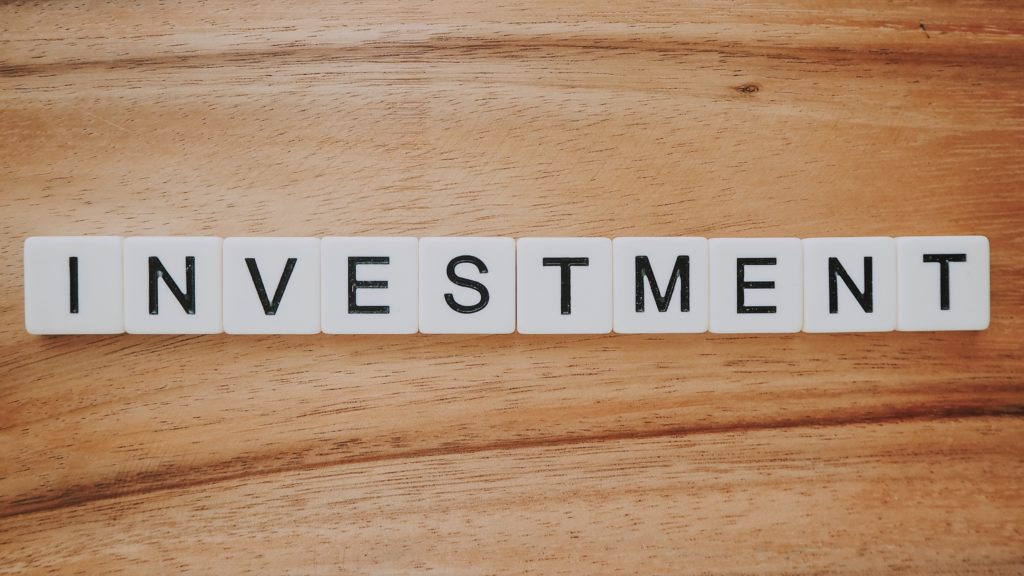Client Question: Activist Investors
February 9, 2023
Activist investors have been in the business news in recent months, as they have staked claims in household names such as Disney and Salesforce. A client recently asked what exactly makes an investor an activist investor and what I thought about their role and resulting impact on the companies they target. Let’s dive in!

What is an activist investor?
The word activist is defined as: a person who campaigns to bring about political or social change
Activists, in an investing context, are also seeking change. Activist investors (which can be a wealthy individual, private equity firm, or a hedge fund) will buy a large stake in a company in order to make changes in the company (thereby increasing its value and their investment). The changes can include reorganizations, spin offs, management changes, and many others. They’ll typically look for companies they believe are mismanaged and usually publicize their investment to garner public favor and draw attention to the company.
How do they affect change?
Given the required regulatory filings, the stakes taken by activist investors typically become public. Many will go on publicity tours where they talk openly about their investment and their plans for the business. Media outlets tend to love these stories and give them considerable coverage. Such publicity can also help drive up the price as more investors flock to the stock (not always, but a common side benefit of these interviews and coverage)
In order to be able to move from talk to actual change, most will seek a board seat (either for themselves or someone they appoint). If the target company opposes these changes (as many do), the activist will start what is referred to as a proxy battle, where they attempt to get shareholder approval for the board seat by obtaining other shareholder votes of support.
What is their impact?
The impact of an activist investor is very situationally dependent and will vary in every instance.
The activist always thinks they have great ideas for the business and know how to improve its share price (after all, that is their motivation, if they are long the stock (which is the common position taken by an activist)). However, those ideas can easily be off base (there is no guarantee the activist is right) or may not result in the improvements they expect (given other dynamics at the company they were not aware of) or make simply take too long to implement.
On the company side, these investors can be a huge distraction for management teams, resulting in damage to other areas of the business. Beyond that, management may have very good reasons why they do not implement the suggestions and ideas presented. Or the company may already be implementing the ideas presented by the activist, resulting in credit being attributed to the wrong party.
Activists can also buy (and sell) large blocks of a stock, resulting in price volatility that may catch other investors off guard. At the outset, they tend to acquire large blocks of stock, driving the price up. But, as they tend to be a fickle bunch and abandon a company just as quickly as they got involved initially, they can also sell on a dime, causing the stock to fall in response.
As you can see, there are many variables that impact whether an activist campaign is a success or failure for all involved – the activist, other shareholders, and the company itself.
What do I think?
Given all the potential variables above, my evaluation of an activist and their likely impact on a company/stock is completed on a case by case basis. Very rarely is an activist taking a position in a stock reason enough to purchase shares in a company so in most every case, we are evaluating whether to stay invested in a business after an activist enters the picture. As a fiduciary, our obligation is always to act in the best interest of our clients and allocate their capital in a manner that best meets their needs. Therefore, we assess any entry of an activist thru that lens and determine if their role will undermine or harm our original investment thesis and determine (to the best of our ability from published information) if their interests are aligned with our clients. Provided the thesis remains in tact, we remain invested.
What should you do if an activist targets a company you own?
My advice would be similar to the actions we take as outlined above. Learn all you can about the activist and the situation – their track record, the size of their stake, their ideas for the business, and their likely incentives. And combine that with your knowledge of the business – board composition, management’s track record, management’s incentives, and recent performance. If that analysis bolsters (or does not harm to) your thesis on owning the shares, onward you go. However, if you determine the activist may harm your investment and changes your thesis in a negative way, it may be time to move on from your position. Again – do your homework each and every time as there is no “one size fits all” answer to this question.
Perhaps most importantly, keep in mind that activist investors, even with their massive portfolios and impressive resumes, are investors just like you and me – sometimes they get it right and other times, they don’t.
Hopefully this helped you learn a bit more about activist investors. If you have a question you’d like me to cover next week, feel free to leave it in the comments below!
Leave a Reply
You must be logged in to post a comment.
Leave a note